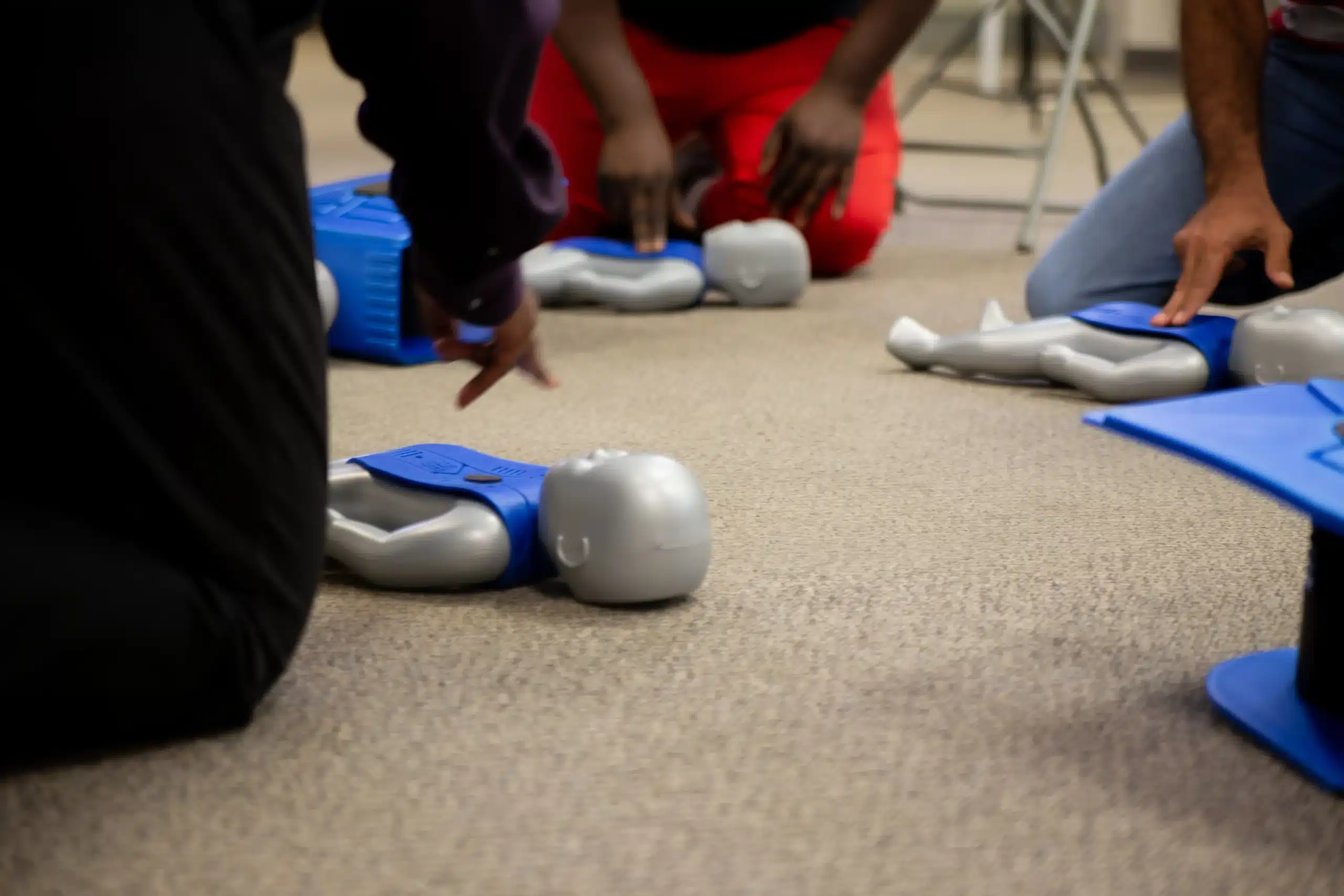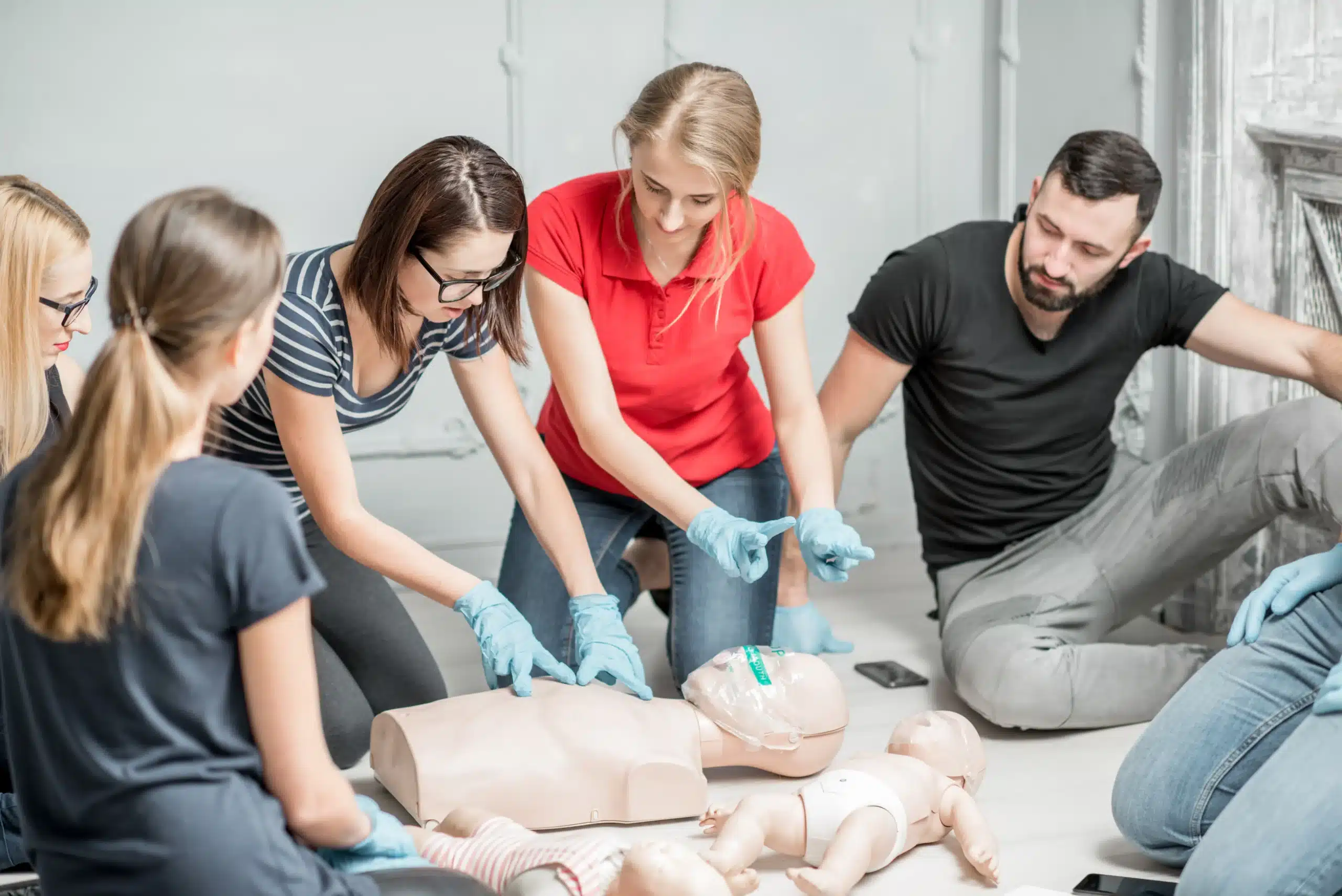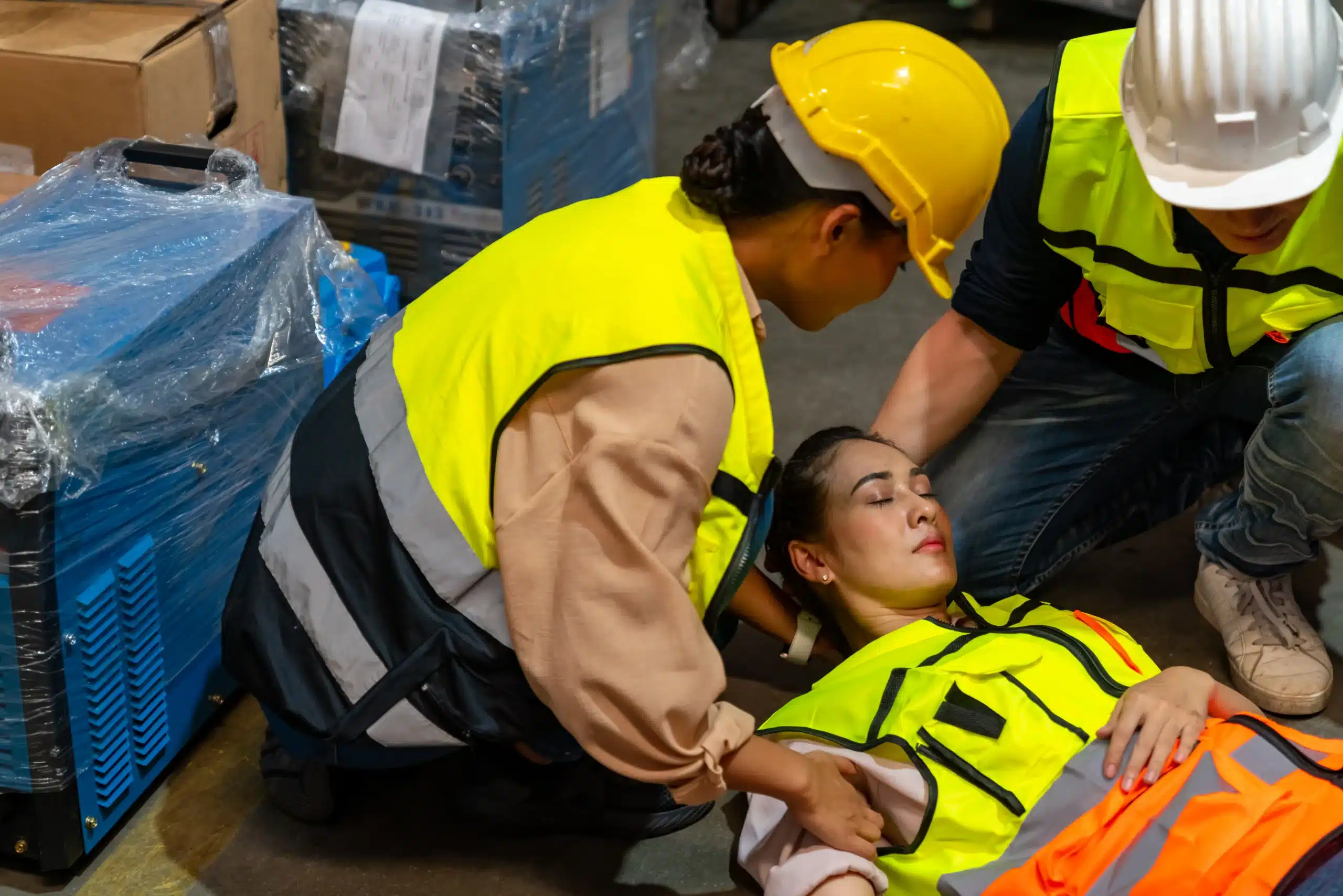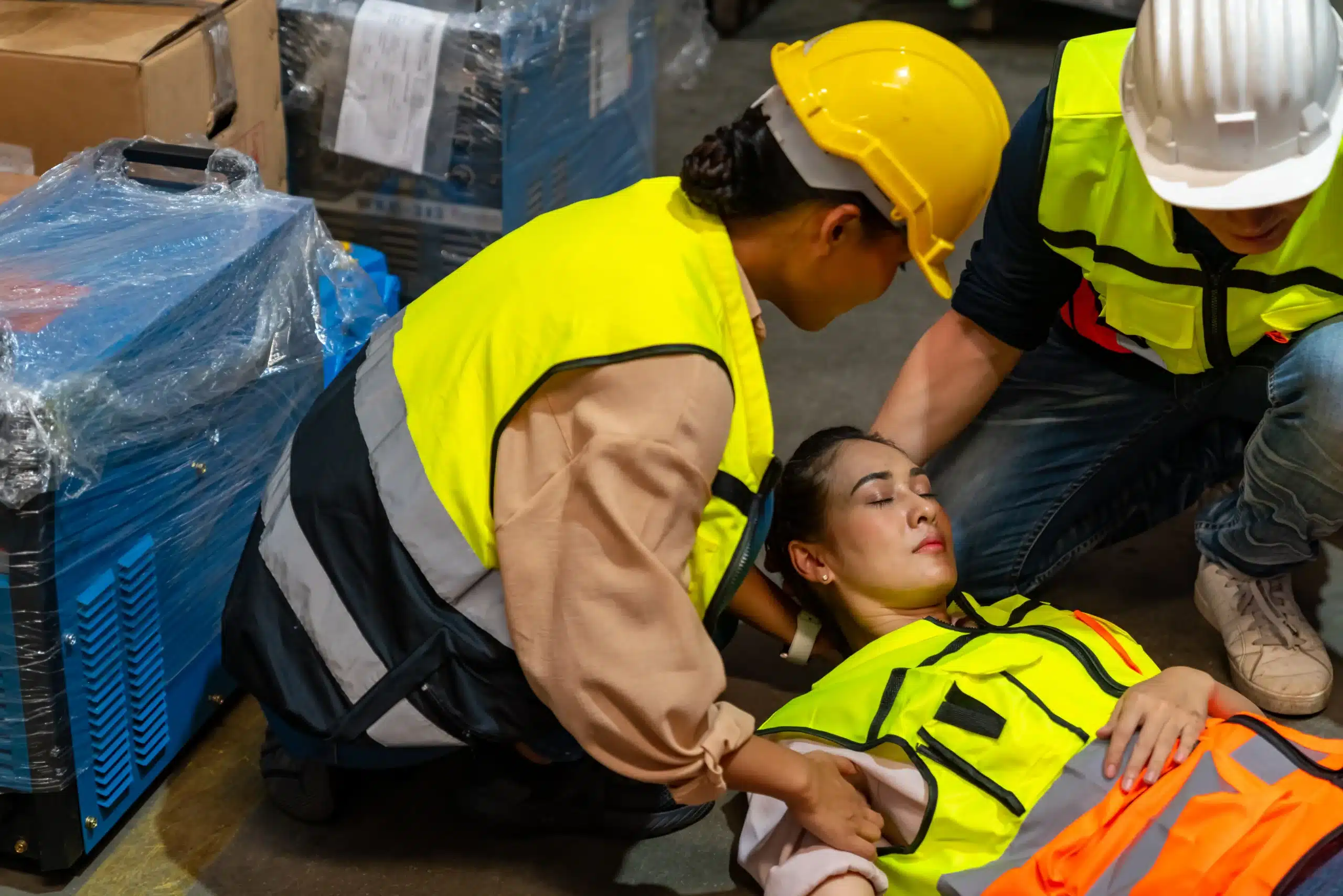Cardiopulmonary Resuscitation (CPR) is a remarkable life-saving procedure, capable of doubling or even tripling survival chances during cardiac arrest. According to the American Heart Association (AHA), performing immediate CPR drastically increases survival rates, saving countless lives every year. However, surviving CPR is not the end of the journey—it’s just the beginning.
While most discussions around CPR focus on the physical aftermath, the psychological toll of such incidents is often overlooked. Having faced a life-threatening event, survivors frequently grapple with anxiety, depression, and profound emotional challenges—sometimes as much as they do with medical complications.
This blog explores the path to psychological recovery for CPR survivors. We will cover the mental health challenges post-resuscitation, and practical coping strategies to foster recovery.
Whether you’re directly impacted or supporting a loved one, this guide will provide actionable tools to help reclaim emotional balance and a sense of normalcy.
Understanding the Psychological Impact of CPR
Experiencing cardiac arrest and subsequent resuscitation is both a medical and emotional trauma. Survivors often find themselves in uncharted territory, trying to process what happened. Here, we’ll unpack the layers of psychological impact CPR survivors may face.
Immediate Emotional Responses
For many, surviving CPR triggers an immediate flood of emotions. Common responses include fear, confusion, and anxiety, stemming from the trauma of a near-death experience. The urgency and intensity of the situation often lead to feelings of helplessness and hypervigilance even in recovery.
Acute Stress Disorder (ASD)
Some survivors develop Acute Stress Disorder (ASD), experiencing flashbacks of the event, sleep disturbances, or heightened alertness. ASD can manifest within days or weeks of the incident and may interfere with daily functioning.
Long-Term Mental Health Effects
The psychological aftermath doesn’t always subside with time. CPR survivors face a unique spectrum of long-term challenges, including conditions such as Post-Traumatic Stress Disorder (PTSD) and survivor’s guilt.
- PTSD: CPR can leave survivors haunted by the memory of the event, triggering panic attacks and heightened emotional reactivity.
- Depression and Survivor’s Guilt: Many wrestle with existential questions—”Why was I saved?”—or face barriers to joy stemming from guilt over their survival.
- Mortality Reflection: Surviving CPR reshapes personal perspectives, often forcing individuals to reflect on their purpose and priorities.
Coping Strategies for Survivors and Families
Navigating the emotional aftermath of CPR is challenging but achievable. The key lies in adopting deliberate coping strategies and leaning on valuable support systems.
Mindfulness-Based Techniques
Mindfulness exercises are powerful tools for managing stress and promoting relaxation. Practices like meditation and journaling help individuals process emotions without judgment.
- Mindfulness Meditation: Start with just five minutes daily by focusing on your breath and letting thoughts flow. Apps like Headspace offer beginner-friendly guidance.
- Gratitude Journaling: Writing down three things you’re grateful for each day fosters positivity and grounds you emotionally.
- Yoga: Gentle yoga stretches can improve physical flexibility while calming the mind, helping survivors connect with their bodies positively.
Support Networks
No one should face psychological recovery alone. Surrounding yourself with supportive family members, friends, or peers who understand your experience can be transformative.
- Family Support: Open communication with loved ones is crucial. Share your feelings to help them better understand your needs.
- Survivor Communities: Organizations like the American Heart Association offer forums and support groups tailored to CPR survivors, creating safe spaces for shared experiences.
- Mental Health Helplines: Many countries provide crisis hotlines and professional counseling services, often accessible 24/7.
Lifestyle Adjustments
Looking after your body plays a substantial role in improving mental health. Healthy habits fortify emotional resilience.
- Exercise: Aim for light, regular physical activity like walking, which releases endorphins and improves mood.
- Balanced Nutrition: Avoid processed foods and caffeine overload; focus on whole foods like fruits, vegetables, and lean proteins.
- Sleep Hygiene: Create a bedtime routine to promote restful sleep, such as reading instead of scrolling on devices.
Seeking Professional Help
Sometimes, professional guidance is the best step forward. Psychotherapists specializing in trauma recovery can offer personalized coping strategies that accelerate emotional healing.
- Cognitive Behavioral Therapy (CBT): CBT challenges negative thoughts, helping survivors reframe their trauma.
- Trauma-Specific Counseling: Certain therapists specialize in health-related stress disorders, making them ideal for guiding CPR survivors.
- Choosing the Right Therapist: Look for licensed professionals with expertise in both trauma and physical health-related psychology. Websites like Psychology Today often allow you to filter by specialty to find your perfect fit.
Why Psychological Recovery Matters
Psychological recovery after CPR isn’t a “nice-to-have”; it’s a necessity. Emotional wellness directly impacts physical recovery by reducing the stress hormones that strain the body. Addressing mental health in tandem with physical rehabilitation ensures a more holistic, effective healing process.
By focusing on emotional recovery, survivors regain agency, reduce feelings of helplessness, and foster resilience that extends through their entire lives.
Take Action for a Healthier Tomorrow
CPR survivors are living proof of resilience and strength—qualities that can be nurtured with intentional recovery efforts.
If you haven’t already, consider getting CPR-certified in Berkeley to understand the power of this life-saving technique, or explore courses like CPR & First Aid, Basic Life Support (BLS), Pediatric Advanced Life Support (PALS), and Advanced Cardiac Life Support (ACLS) offered by trusted organizations like the Safety Training Seminars. Knowing how to administer CPR isn’t just empowering; it saves lives.
Whether you’re a survivor or simply keen to support others in your community, there are resources and strategies to help every step of the way. Commit to fostering both physical and emotional recovery—for yourself or those around you.
Share Your Strength
If you found this article helpful, share it with someone who might benefit. Together, we can create a world where survival isn’t just about living—it’s about thriving.








